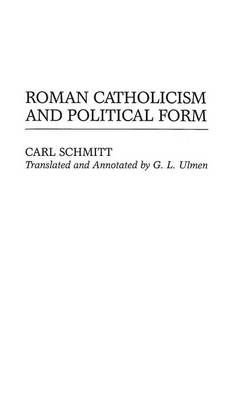
I am re-reading the extraordinary book "Rejoicing" as part of my preparation for a monograph on the political theology of @BrunoLatourAIME.
Here are twelve summary statements about Latour’s understanding of religion, later defined as [REL].
One tweet for each.
Here are twelve summary statements about Latour’s understanding of religion, later defined as [REL].
One tweet for each.

@BrunoLatourAIME 1. True religion is shown by the example of lovers’ speech, which becomes a sort of “experimental site" or "prefiguring” (118) of what religion is & should be in the world. When it really connects, romantic speech encodes religion's "value" (every mode has its own empirical site)
@BrunoLatourAIME 2. The sweet whisperings of those in love is not referential to a state of affairs in the world.
And neither is religious speech. A religious proposition contains “zero informational content” (32).
And neither is religious speech. A religious proposition contains “zero informational content” (32).
@BrunoLatourAIME 3. Thus, religious speech is a person-forming, not a propositional, message. Religious speech “changes those it addresses” (32); it “transforms interlocutors” (35); it “forges someone anew” (40). In fact, this is its "Pentecost function" no less (42).
@BrunoLatourAIME 4. How? Religious speech does not describe the world in the mode of reference; this only leads to detachment, objectification, reification, etc.
Rather, religious speech generates a powerful sense of attentiveness to the present moment. Latour calls this "phatic" communication.
Rather, religious speech generates a powerful sense of attentiveness to the present moment. Latour calls this "phatic" communication.
@BrunoLatourAIME 5. Time itself alters. Consider: when romantic words “connect”, everything changes. The past lines up in a new way (“that argument now makes sense, I can see what he meant”) & the future takes on a new form ("I will be with him for ever"). Religion does this on existential scale.
@BrunoLatourAIME 6. Lovers’ speech is presumably one-to-one.
But religious speech creates communities;it produces “unity, unification, the universal” (48); “a holy nation”, not “an aggregate of strangers that nothing can bring together” (57).
No other contemp. philosopher would talk this way.
But religious speech creates communities;it produces “unity, unification, the universal” (48); “a holy nation”, not “an aggregate of strangers that nothing can bring together” (57).
No other contemp. philosopher would talk this way.
@BrunoLatourAIME 7. Religion is thus entirely immanent, “a spiritual way of speaking in this world” (31).
“There is no aspiration to the beyond that is of religious inspiration” (33).
Religion has nothing to contribute to metaphysics.
“There is no aspiration to the beyond that is of religious inspiration” (33).
Religion has nothing to contribute to metaphysics.
@BrunoLatourAIME 8. The function of religion is not “to carve out a bit of transcendence in a world that’s too full” (33), but to enchant the world through recognition of the preciousness of the present order, its networks, its complexity, *which you too can enter if you engage it with love*.
@BrunoLatourAIME 9. Religion has a tradition: Scripture, rites, liturgy. But this should not drive squabbles over historical meaning. Religious sensitivity = “the revival, always recommenced, always deepened, always broadened, of a decisive message” (51). What counts is *the way you repeat it*.
@BrunoLatourAIME 10. For Latour, the value encoded in religion is best described by the word “reprise”, the taking-up-again & insertion of oneself into an existing configuration, taking it forward by your presence, but in the most delicate, careful & integrated fashion.
@BrunoLatourAIME 11. Dogmatic content is less important than the “rhythm” of the Scriptures, the demonstration they make of “reprise” in the flow of their own stories: “we can certainly say that such texts ‘save’ since, in their movement, they imitate what they talk about” (82).
@BrunoLatourAIME 12. If this is so, religion must not take the form of an interior quietism or Schleiermachian pietism; no, religion must be part of the public realm; it is “essential to civilized life” no less (51).
Conclusion: Latour’s work can be understood as a form of political theology.
Conclusion: Latour’s work can be understood as a form of political theology.
• • •
Missing some Tweet in this thread? You can try to
force a refresh












